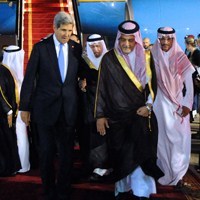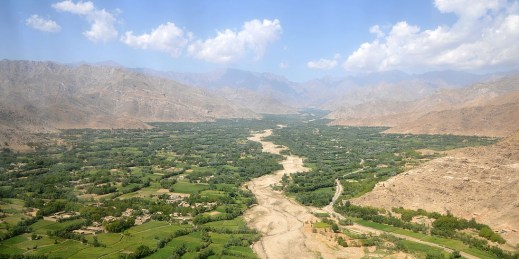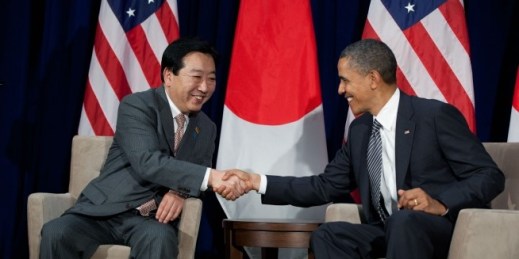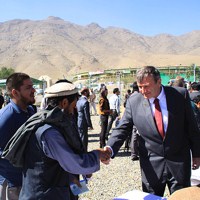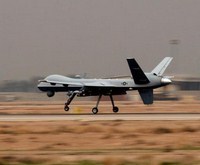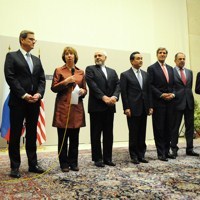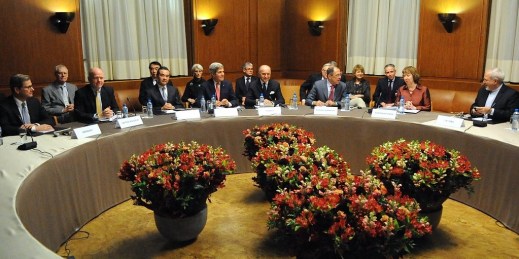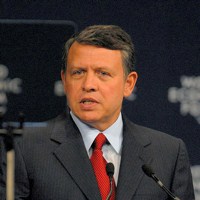
The United States relies on Jordan to help resolve many of the thorniest problems in the region, including fighting terrorism, dealing with the consequences of the Syrian civil war and finding a peaceful resolution to the Israel-Palestinian conflict. It is in this context that U.S. officials recently told the Associated Press that preparations were being made for U.S. Special Forces to train Iraqi troops on Jordanian soil in the near future. According to David Schenker of the Washington Institute for Near East Policy, a former Levant country director in the Office of the Secretary of Defense, the United States and […]

